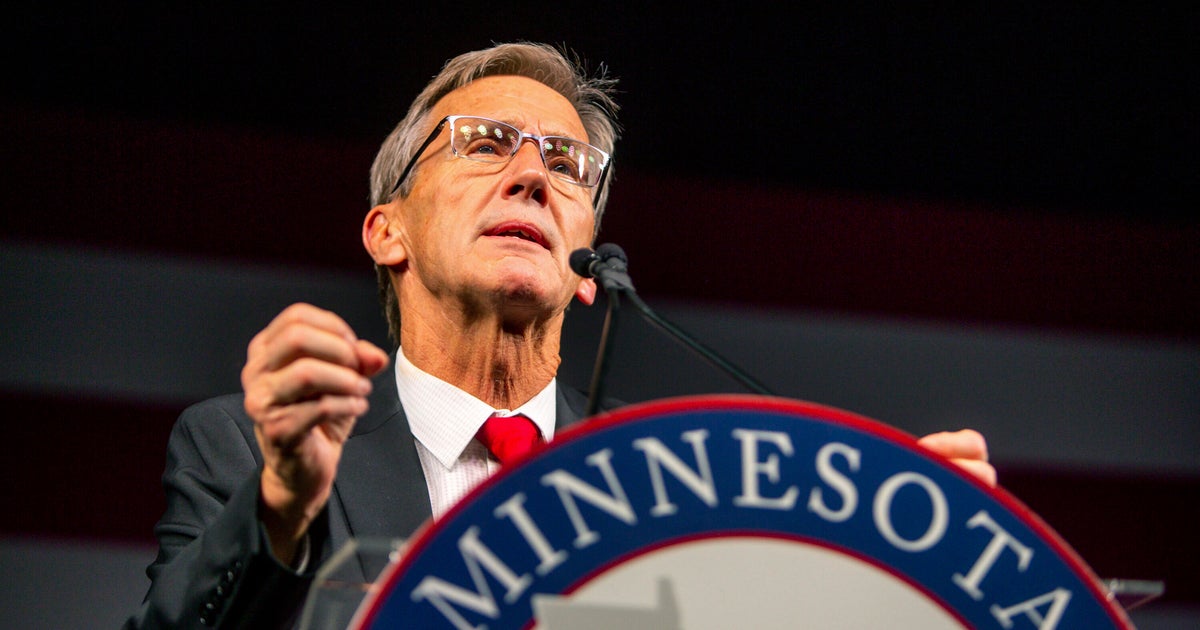Embattled Texas elections chief David Whitley resigns
The embattled Texas elections chief who questioned the U.S. citizenship of nearly 100,000 people resigned Monday ahead of being forced out of office, stepping down as Republicans went home to defend their vulnerable majority in 2020 rather than try forcing a late vote to save Gov. Greg Abbott's nominee.
Secretary of State David Whitley never received a confirmation vote for his post before the Texas Legislature gaveled out for two years. It was a quiet end to an unusually mild five months in the Capitol that for a decade has been a battlefield of culture wars and bare-knuckled conservatism.
Republicans in gun-friendly Texas even quietly went around the National Rifle Association before going home, setting up a test for Abbott on whether he will veto a $1 million public safety campaign for gun storage.
Abbott publicly kept up hopes for Whitley until the end, refusing to rule out just hours before Monday's deadline that his hand-picked elections chief might hang onto his job. He said the state Senate had "fought hard" for his nominee.
But Whitley's fate had appeared all but sealed for months. Democrats blocked a vote on his nomination after Whitley's office led a botched scouring of voter rolls in January that misidentified scores of people as non-citizens, set off questions from Congress and led to the state settling a federal lawsuit.
Whitley did not address the flubbed voter search in his resignation letter to Abbott.
"Working alongside the employees in the secretary of state's office, county elections officials, and representatives of our #1 trading partner, Mexico, has been my distinct honor and privilege," Whitley wrote, according to a letter obtained by local media.
Democrats for months have said Whitley lost their trust and resisted appeals to reconsider.
"He seems like a great person. But not for secretary of state, especially concerning the issues the secretary of state has to deal with as it relates to voting, more particularly as it relates to 2020. You've got to have a secretary of state that will be fair and balanced and not pre-judge voters with suppression-type issues," Democratic Sen. Royce West said.
Texas is one of the nation's biggest recurring battlegrounds over voting rights. Those tensions reignited as Whitley's office claimed that 58,000 of the voters flagged were shown to have voted in at least one election since 1996, prompting President Donald Trump to renew unsubstantiated claims of rampant voter fraud.
But the data used was deeply flawed and, within days, Whitley's office began walking back the numbers. The ensuing uproar threatened to cause another heated legislative session on the heels of passing some of the nation's toughest abortion restrictions, immigration crackdowns and a failed effort in 2017 to pass a "bathroom bill" targeting transgender people.
But the tone in the GOP-legislature sharply changed after Republicans lost more than a dozen seats in the 2018 midterms. Democrats would need to flip nine more seats in 2020 to take control of the Texas House for the first time since 2001, a tall task but one that Democrats say isn't impossible in a highly-charged presidential year.
Rather than waging partisan battles, a weakened GOP majority instead poured an extra $4.6 billion into classrooms and took measures to slow rising property taxes. Abbott is also expected to sign $1.6 billion in teacher raises in Texas, where teachers make about $7,000 below the national average.
Republican House Speaker Dennis Bonnen said the focus will now soon turn to keeping a GOP majority.
"Well, let me answer it this way, I hope so, but that wasn't why we did what we did," Bonnen said. "I think you saw an extraordinary commitment from Republicans and Democrats working in such a harmonious respectful way on these big issues. I think what it really does though is it helps every member of Texas House get re-elected."



